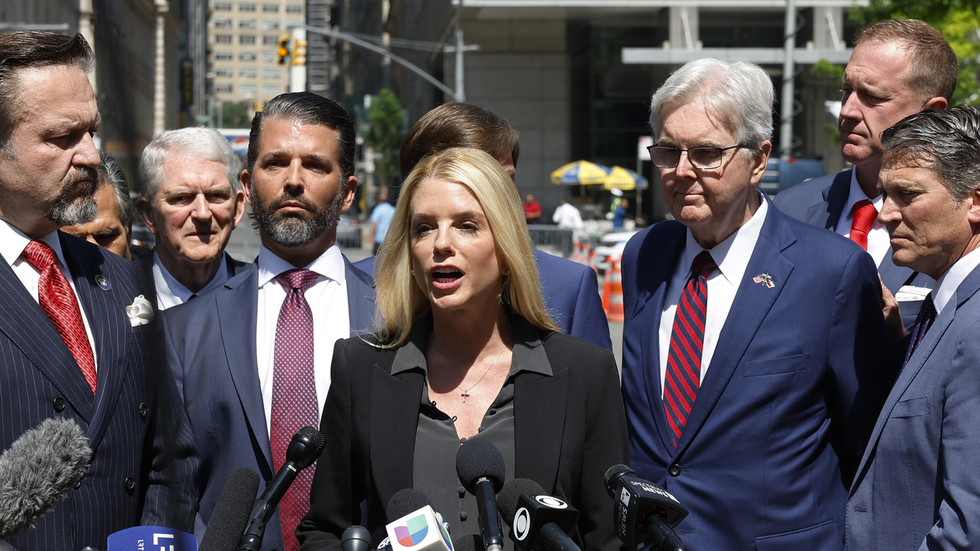In 1987, Donald Trump ran an advertisement in leading American newspapers, arguing that the United States was being exploited by its allies: “The world is laughing at America’s politicians as we protect ships we don’t own, carrying oil we don’t need, destined for allies who won’t help.”
Trump’s comments served as a fairly accurate predictor of his foreign policy approach three decades later. As US president, Trump was sceptical of America’s treaty allies in Europe and East Asia, goading them to spend more on their own defence needs. He also assailed them with tariffs and import quotas, triggering retaliation.
These trade spats ran in parallel with sundry disputes with China, which the Trump administration accused of “unfair trade practices”. Yet, while Trump treated Beijing as an economic competitor, he did not make much of an attempt to shore up alliances to counterbalance China’s influence across Asia. On the contrary, he treated both allies and foes with the same scepticism.
Trump’s approach was starkly different from that of his successor, President Joe Biden. In contrast to Trump’s renunciation of norms-based rhetoric, Biden argued that the world was caught in a battle between democracy and autocracy.
In particular, he saw China as a great threat, economically and strategically. To that end, Biden continued and expanded some of Trump’s tariffs. But unlike Trump, he also encouraged US businesses to shift their operations from China to countries more closely aligned with Washington – a policy widely labelled as “friendshoring” for its reliance on strategic partners.
Yet, despite his framing of the world as a battleground over democratic ideals, on several occasions, Biden found himself struggling to confront Washington’s illiberal allies. In the Middle East, Biden failed to hold Israel to account for atrocities in Gaza. That happened even as Israel’s Prime Minister Benjamin Netanyahu repeatedly crossed Biden’s red line.

 By South China Morning Post | Created at 2024-11-28 15:01:52 | Updated at 2024-11-28 17:38:07
3 hours ago
By South China Morning Post | Created at 2024-11-28 15:01:52 | Updated at 2024-11-28 17:38:07
3 hours ago








